Grow Your Real Estate Portfolio with a CPA
The name of the game in real estate investing is both cash flow & appreciation. You are great at acquisitions, renovations, and management, but you are now looking for a CPA to further increase cash flow and appreciation so you could acquire more properties.
Headaches That Are Specific to Real Estate Investors
Real estate investment is a cash-intensive business that requires a thoughtful, data-driven approach.
First, tying up cash to secure and improve a property can strain cash flow, delay returns, increase financial risk, lead to unforeseen renovation costs, and limit the investor’s ability to scale or respond to market changes.
Second, failing to apply a "tax minimization" strategy to daily operating decisions can result in higher tax liabilities, missed deductions, reduced cash flow, and less efficient use of capital, ultimately decreasing overall profitability.
Third, without a tax minimization strategy and scenario modeling during sales or disposition activities, real estate investors may face unexpected capital gains taxes, reduced profits, missed opportunities for tax deferral (e.g., 1031 exchange), and inefficient timing of asset sales that could have been optimized for tax advantages.
What a CPA Can Do For You
Real estate investors that have a true CPA is like an athlete that has a nutrition coach. A true CPA should take the following actions to improve an investor’s performance:
First, tax planning and optimization. Advice should be given once per week and tax planning documents should be created once per quarter. The CPA helps guide daily operating decisions to minimize tax liabilities by leveraging deductions, credits, and depreciation.
Second, cash flow management and forecasting. This should be completed on a monthly basis. By analyzing financial statements, projecting future cash flow, and advising on budgeting, the CPA helps investors manage operating expenses, plan for vacancies, and optimize liquidity for reinvestment.
Third, entity structuring and risk mitigation. This should be completed before big events (i.e., sales or purchases). The CPA advises on the most tax-efficient entity structures (LLCs, S Corps, etc.) to protect personal assets, optimize tax treatment, and reduce legal and financial risks, providing long-term stability for the investor's portfolio.
What a CPA Looks Like
A true CPA should possess a number of functional skills and asset class experience.
First, proactive tax advisory, the ability to look at all decisions with a tax saving point of view, is critical to maximizing cash flow. Why? Aside from mortgage payments and other operational costs, taxes will be one of your biggest expenses.
Second, dynamic cash flow forecasting is critical because business moves fast, and you need a model that tells you what you must do now in order to never run out of cash.
Third, experience across various asset classes is a competitive advantage. Why? They know what works in different asset classes, and can apply that best practice to your asset class, before your competitor catches on.
